32 countries including India call for urgent & comprehensive reforms in UN Security Council
Sat 24 Sep 2022, 10:10:13
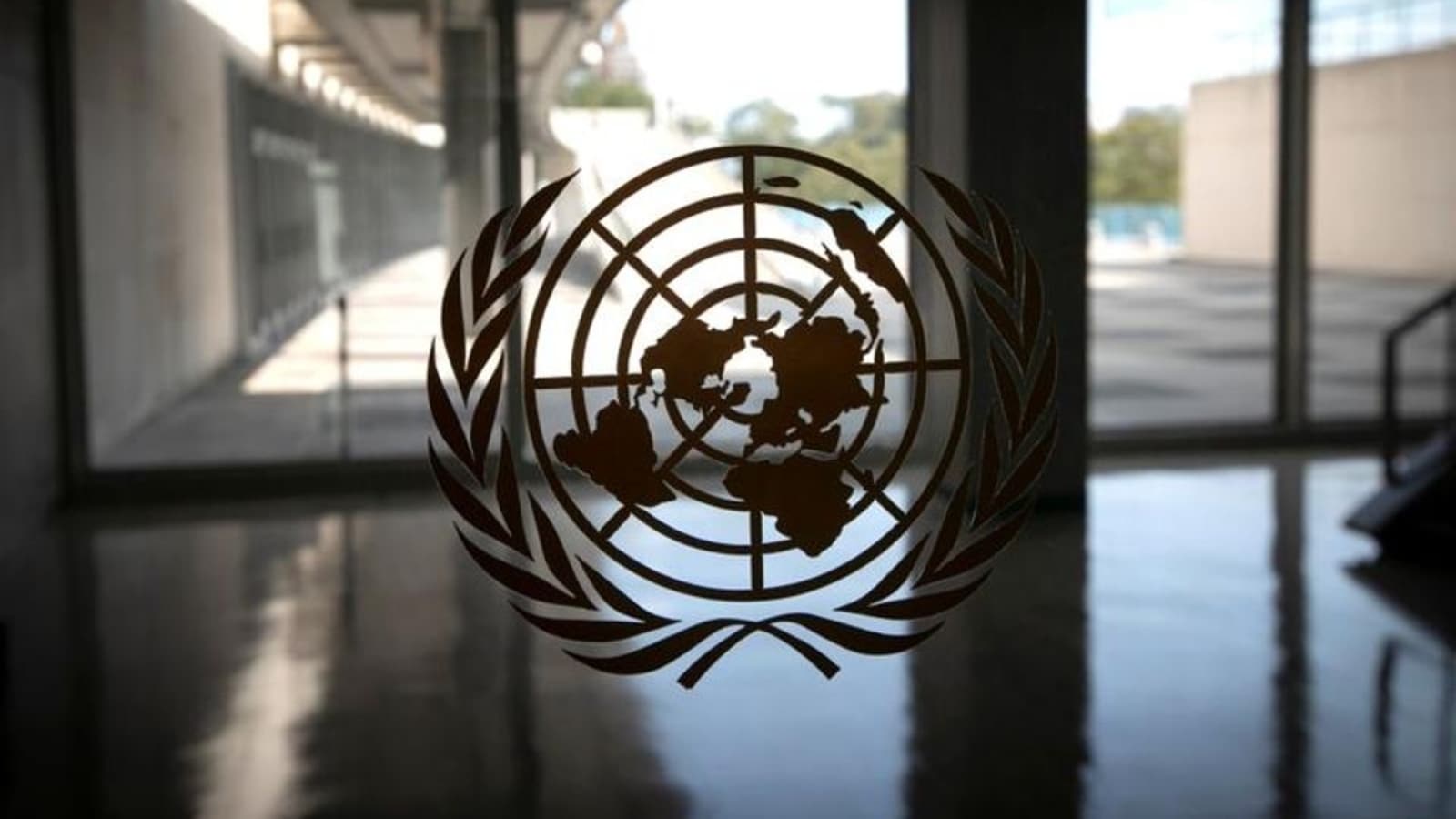
Thirty two countries including India have called for urgent and comprehensive reforms in the UN Security Council in order to adapt the United Nations to contemporary world realities.
In a Joint Statement, the countries said they stand united as a group of pro-reform like-minded States which are determined to work towards a more inclusive, responsive, and participatory international governance architecture.
The signatories of the Joint Statement recognized that a resilient world needs reformed and effective multilateralism to deliver solutions for developmental challenges, poverty, climate change, pandemics, global food security, international conflicts and crises, and international terrorism.
They noted that the lack of progress in Security Council reform has serious implications for global peace and security and delivering on the purposes, principles, and promises of the United
Nations Charter. They emphasized that a legitimate Security Council must be reflective of the aspirations and perspectives of the developing world, which form the majority of the UN’s global membership.
Nations Charter. They emphasized that a legitimate Security Council must be reflective of the aspirations and perspectives of the developing world, which form the majority of the UN’s global membership.
The Joint Statement reiterated that an expansion of the Security Council in both permanent and non-permanent categories, as well as reform in its working methods, is indispensable to making UNSC more representative, legitimate, and effective.
The signatories committed to "instill new life” in efforts during the 77th session of the General Assembly and urgently called on all Members States of the United Nations to join hands to achieve comprehensive reform of the Security Council.
The signatories include Brazil, Dominica, Grenada, Haiti, India, Jamaica, Mongolia, Nigeria, Papua New Guinea, South Africa, and Vanautu.
No Comments For This Post, Be first to write a Comment.
Most viewed from International
Most viewed from World
AIMIM News
Latest Urdu News
Most Viewed
May 26, 2020
Do you think Canada-India relations will improve under New PM Mark Carney?
Latest Videos View All
Like Us
Home
About Us
Advertise With Us
All Polls
Epaper Archives
Privacy Policy
Contact Us
Download Etemaad App
© 2025 Etemaad Daily News, All Rights Reserved.

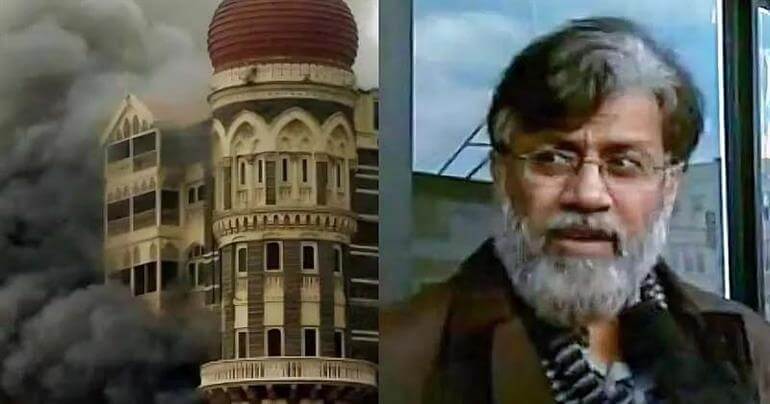
.jpg)
.jpg)
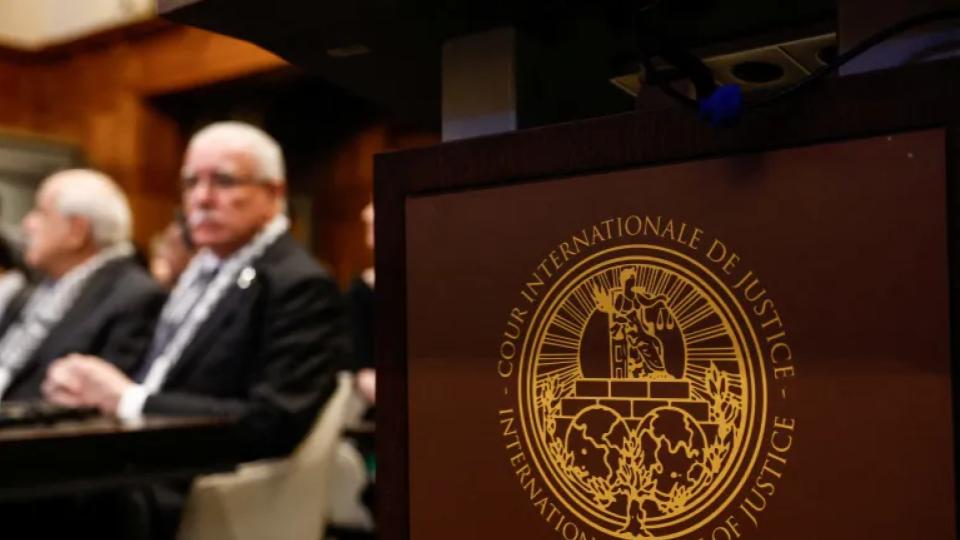

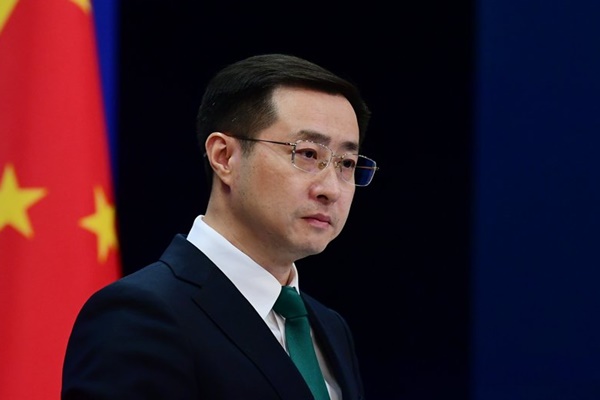
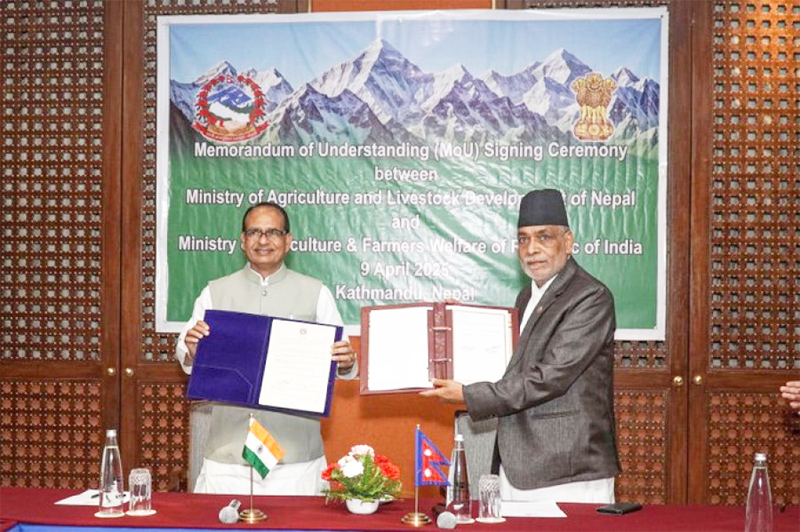
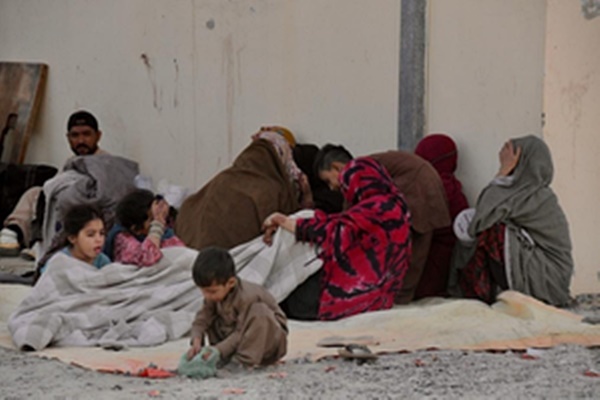

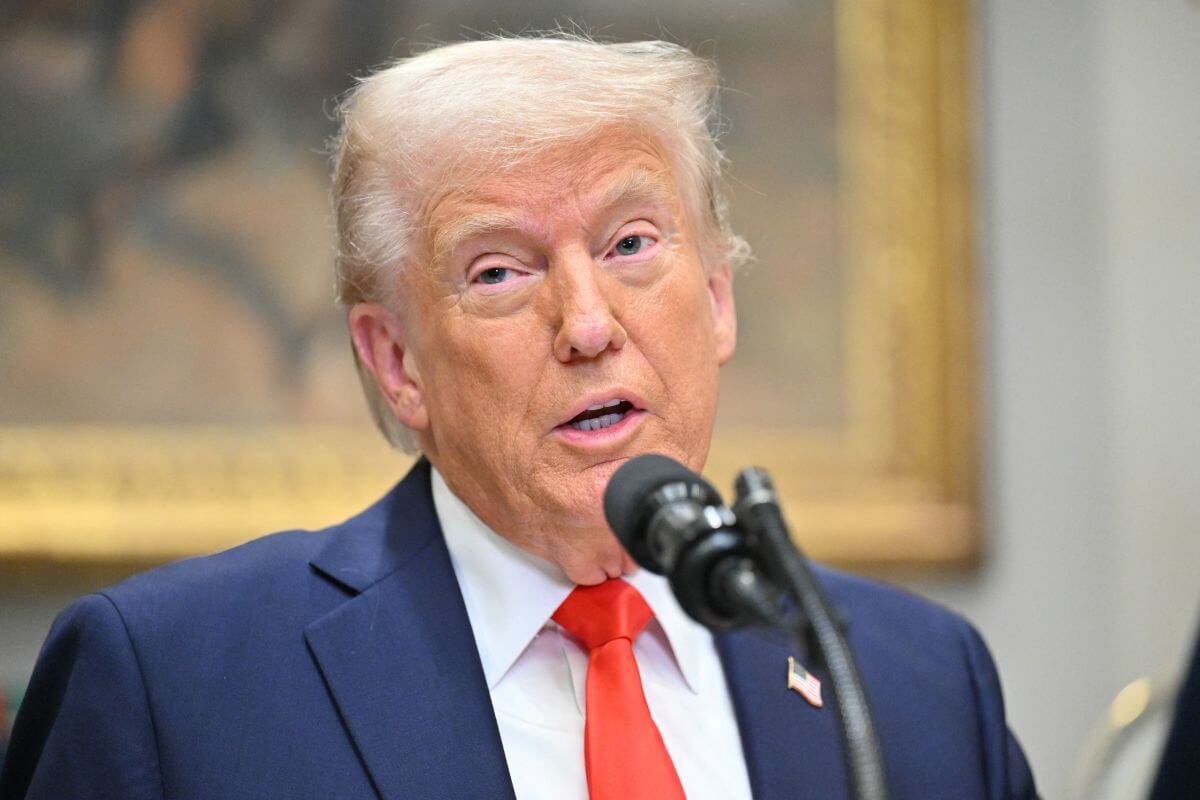
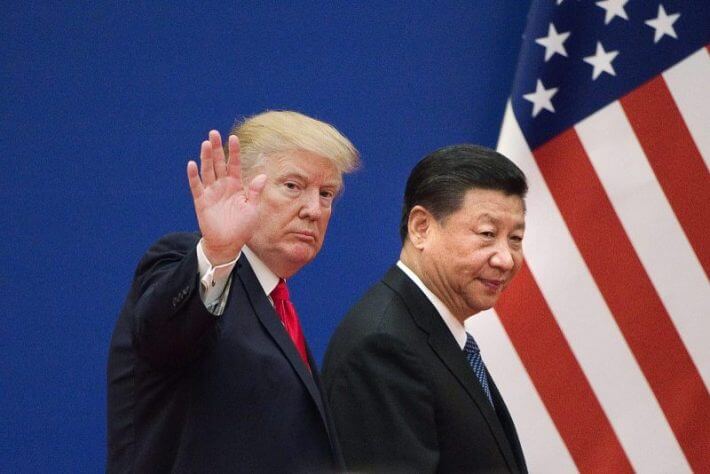
.jpg)
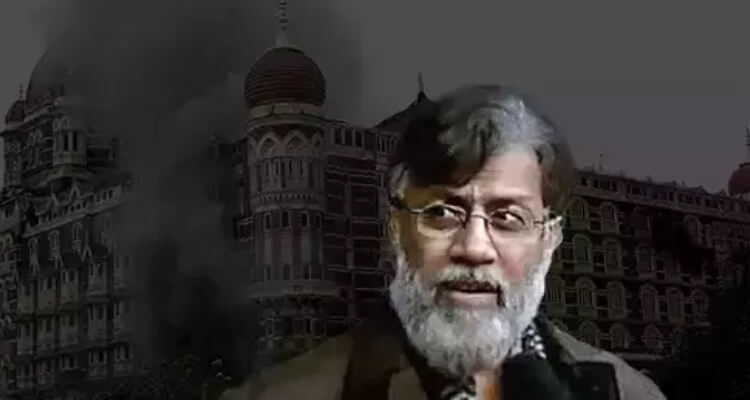


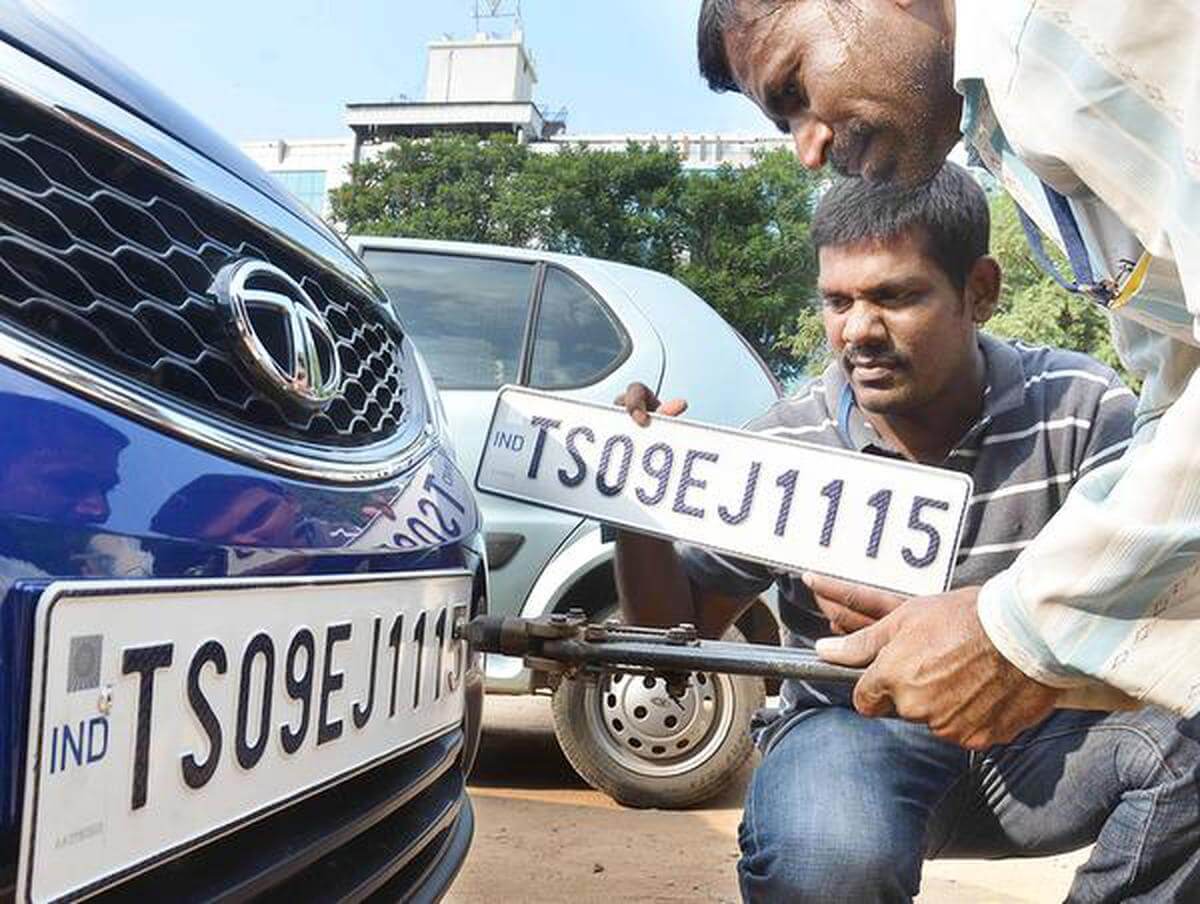
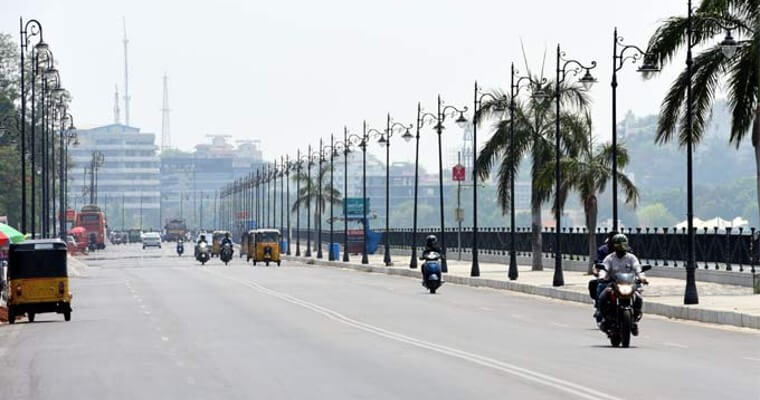
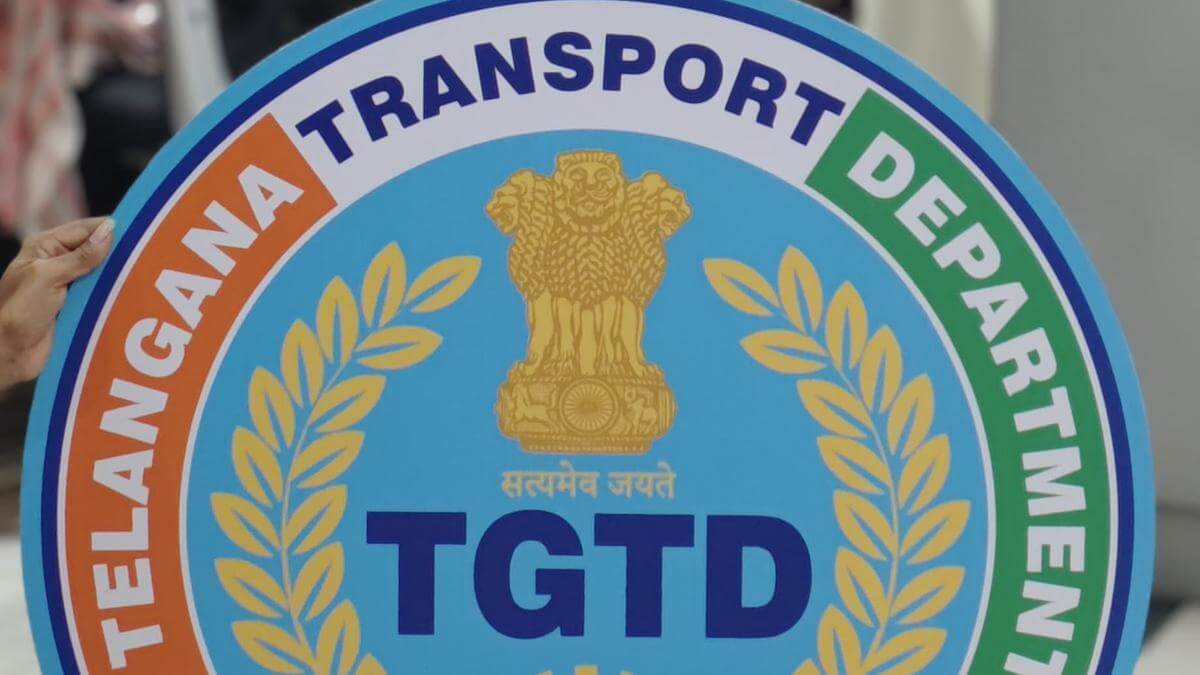
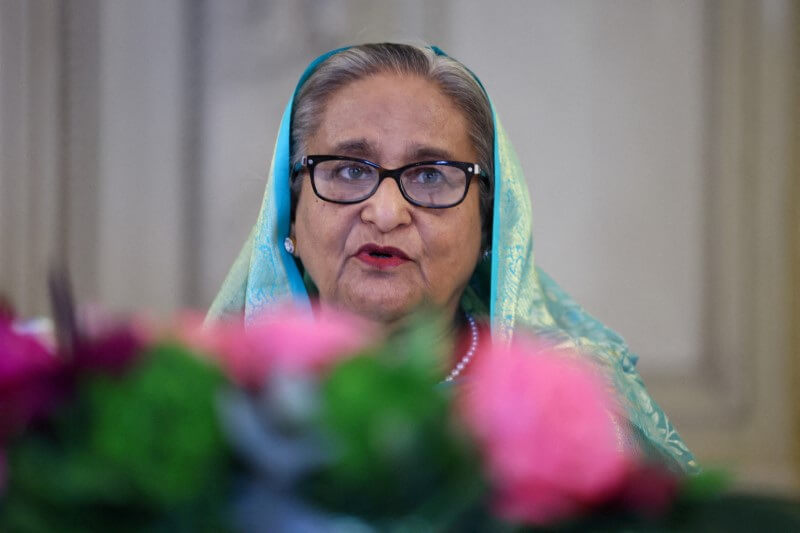
.jpg)
.jpg)
.jpg)
.jpg)
.jpg)

















